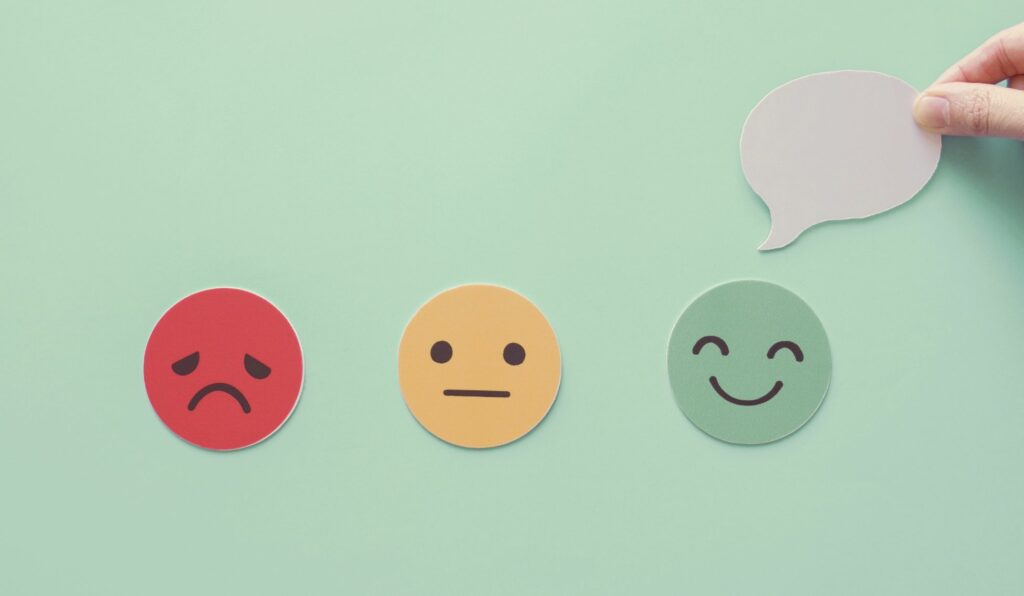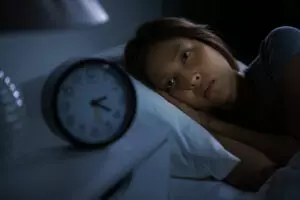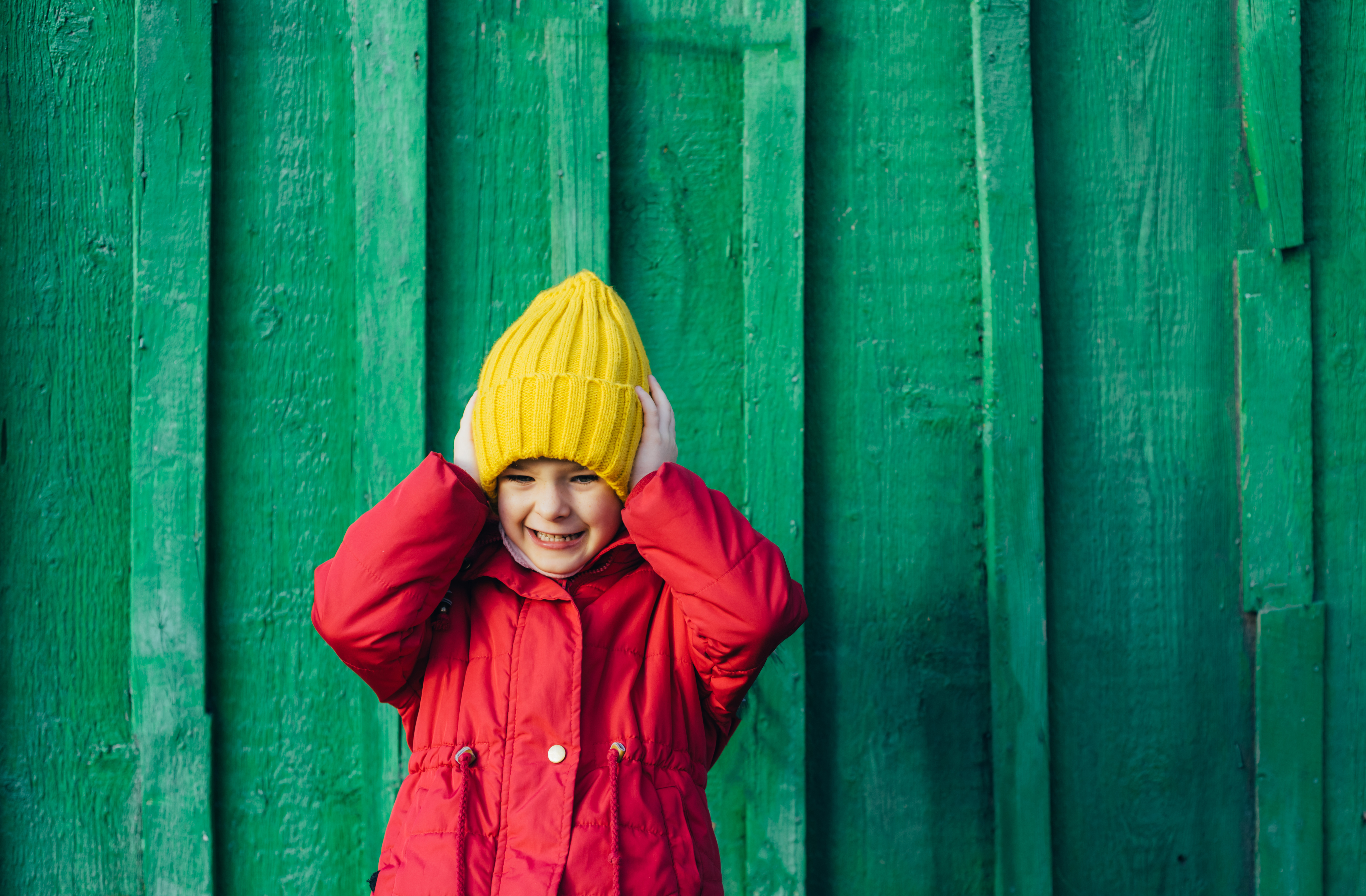Let’s look at the way that child’s anxiety impacts their family. It’s no surprise that parents of children with anxiety are drawn into their duelling emotions. After all, as a young child relies on its parent for protection against extreme emotional experiences, a parent is also responsible for helping their child to feel safe and secure during these daunting emotional instances.
Think of anxiety as blurring the boundaries between parent and child. In general, parents and children occupy a different space, for example when a parent is at work and the child is at school. But when a child is overly anxious, that space might go away when the child needs to be in the same room as the parent all the time, or when a child wants to sleep in the parent’s bed.
Anxiety Impact on your Family
Parents can ask themselves whether their time is managed by themselves or by the child’s anxiety disorder. When a mom needs to take multiple phone calls over the course of the day from an anxious child, or when parents devote endless time to answering, reassure and seeking questions, parents have less and less time for themselves.
In trying to help parents better support their children, it’s helpful to address some common misconceptions or traps that parents fall into because of their children’s anxiety. And although these misconceptions seem to make sense or appeal to intuition, they can be significant roadblocks to a parent’s ability to support their child in overcoming anxiety. One such idea is the thought that anxiety is a dangerous and damaging emotion and that it’s the role of parents to protect their children from experiencing anxiety. In fact, not only is this factually incorrect since anxiety is a normal and healthy phenomenon which children are well equipped to experience.

It’s also a very problematic message to the child with anxiety. It’s as if parents are saying to the child, you’re not able to cope with anxiety, and so I must protect you. The child who comes to believe that they’re not able to cope with anxiety is almost assured of continuing to suffer from an anxiety disorder until the attitude changes. And so rather, parents should be striving to convey to the child the message they are able to cope with anxiety. I’m sure that you can deal with this and I’m going to help you to overcome this problem.
Another parental trap that parents will often fall into is the idea that the child’s anxiety needs to be kept secret from anyone outside of their immediate family. In fact, many adults who have suffered from anxiety in childhood, describe someone outside of the home as being most helpful to them in overcoming their fears. Grandparents, uncles and neighbours and counsellors can all be tremendous sources of support to both parent and child if they’re allowed in and allowed to speak with the child about anxiety and offer help and support.
One more misconception to parenting an anxious child is the thought: “If I acknowledge that my child is really afraid, then I can’t ask them to overcome that fear.” It’s easy to fall into the trap of insisting you’re not afraid, or it’s not really frightening. It’s as if we’re saying to the child, I don’t believe that you feel what you feel, but the child internally knows that they are afraid. Rather than being supported, they’re likely to feel more alone and less hopeful about overcoming the fear.
It’s more helpful to convey to the child the message: “I know that you are afraid, but I believe you can overcome this.” This is the stance that we attempt to help parents to adopt regarding their child’s anxiety, a stance of support. In other words, combining the idea of acknowledgement and empathy for the child’s inner experience of fear and anxiety.
The STG SPACE Program helps families manage childhood anxiety at home. It is an evidence-based program that was developed at Yale University. Learn more about childhood anxiety on WedMD.








